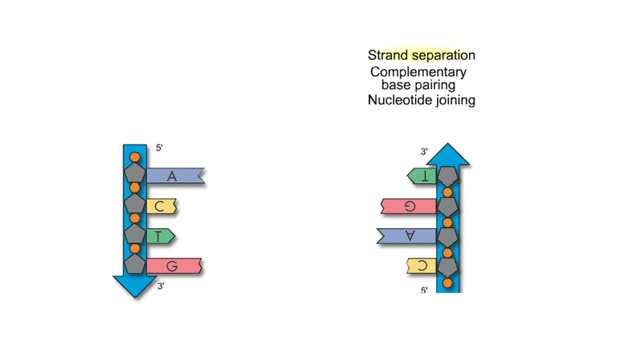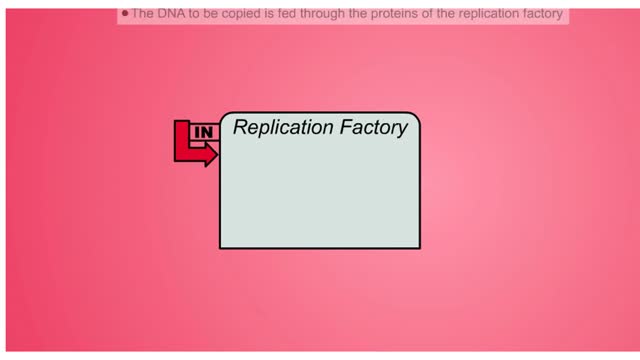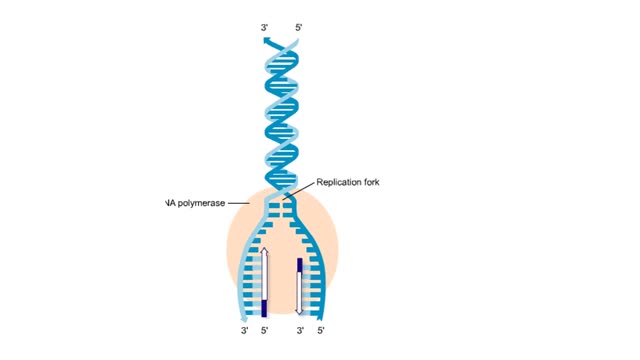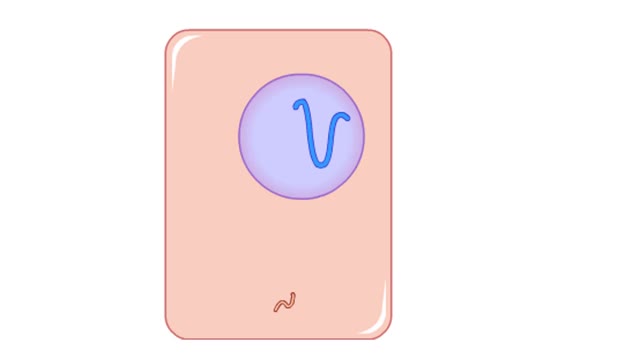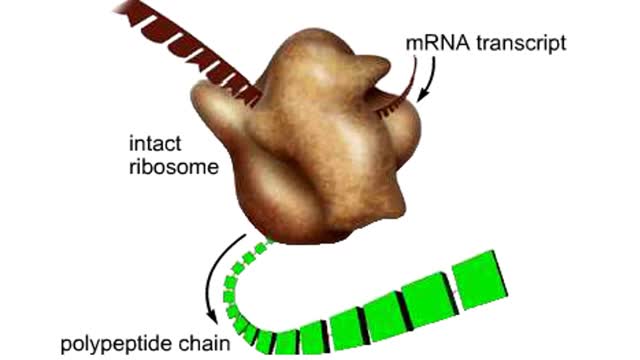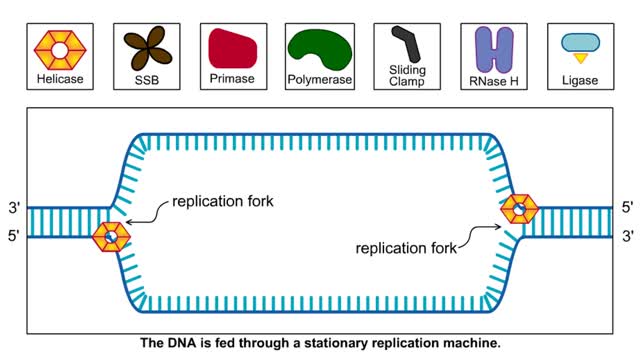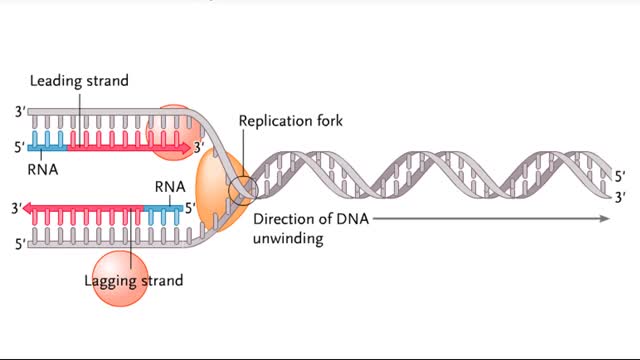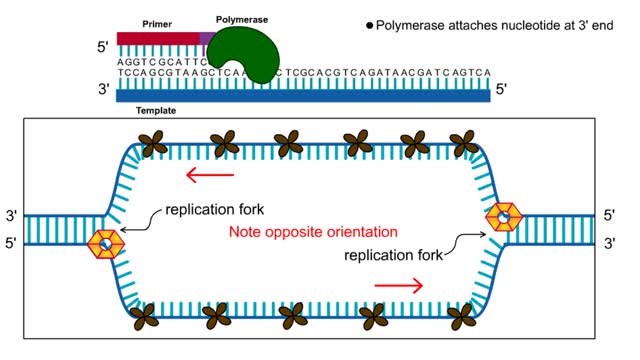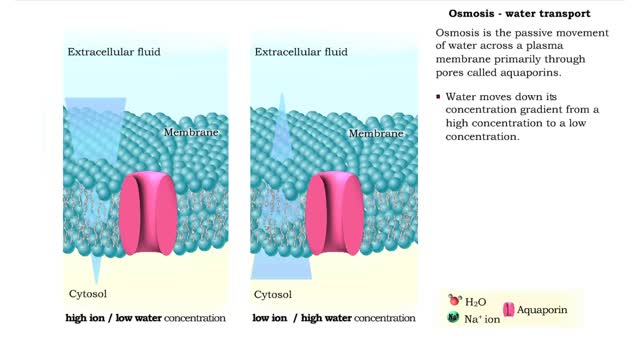Search Results
Results for: 'Subunits of DNA And Semi Conservative Replication'
Subunits of DNA And Semi Conservative Replication
By: HWC, Views: 7350
Adenine is a purine with a double-ring structure. In double-stranded DNA, adenine base-pairs with thymine. Guanine is a purine with a double-ring structure. In double-stranded DNA, guanine base-pairs with cytosine. Thymine is a pyrimidine with a single-ring structure. In double-stranded DNA, th...
DNA Replication Factory and Protein
By: HWC, Views: 10630
DNA (deoxyribose nucleic acid) carries all the genetic information needed to re-create itself and to pass on the characteristics of the organism. The “factory” model of DNA replication hypothesizes a specific nuclear structure in which the molecular machinery for replication forks are brou...
By: HWC, Views: 7941
DNA replication is the process by which a double-stranded DNA molecule is copied to produce two identical DNA molecules. Replication is an essential process because, whenever a cell divides, the two new daughter cells must contain the same genetic information, or DNA, as the parent cell.
HIV replication/ Replication cycle of HIV
By: HWC, Views: 8235
Replication cycle of HIV, one of the retroviruses. The HIV virus is surrounded by a lipid envelope with embedded proteins. A coat of viral proteins surrounds two strands of RNA and the enzymes used during replication. The virus attaches to and enters the host cell. Viral reverse trans...
By: HWC, Views: 7903
The structure and function of the mammalian ribosome. The mammalian ribosome consists of two subunits, one small and one large. Each subunit is assembled in the nucleus from rRNA and structural proteins. Once assembled, the ribosomal subunits are shipped separately to the cytoplasm. ...
The Lagging Strand in DNA Replication and Replication in Action
By: HWC, Views: 10512
The lagging strand is the strand of nascent DNA whose direction of synthesis is opposite to the direction of the growing replication fork. DNA backbones run in opposite directions, the strands in a DNA molecule are oriented antiparallel to one another. New DNA is made by enzymes called DNA...
Semidiscontinuous DNA replication
By: HWC, Views: 10825
During DNA replication, one of the two DNA strands, the leading strand, is replicated continuously, or all at once, in the 5' to 3' direction. The other strand, called the lagging strand, is replicated discontinuously, or in pieces, in the 3' to 5' direction. This is necessary because DNA poly...
By: HWC, Views: 10437
First step: strands are separated • Helicase unwinds the DNA double helix at the replication fork • SSBs coat the single strands to prevent reannealing • Polymerase attaches nucleotide at 3' end • Synthesis is in 5' to 3' direction DNA Polymerase: • Only extends nucleic ac...
By: HWC, Views: 11179
Osmosis is the flow of water down its concentration gradient, across a semi-permeable membrane. Osmosis is an example of diffusion, which is when molecules tend to distribute themselves evenly in a space. what is a semi-permeable membrane? It is a membrane or barrier that allows some molec...
Advertisement



